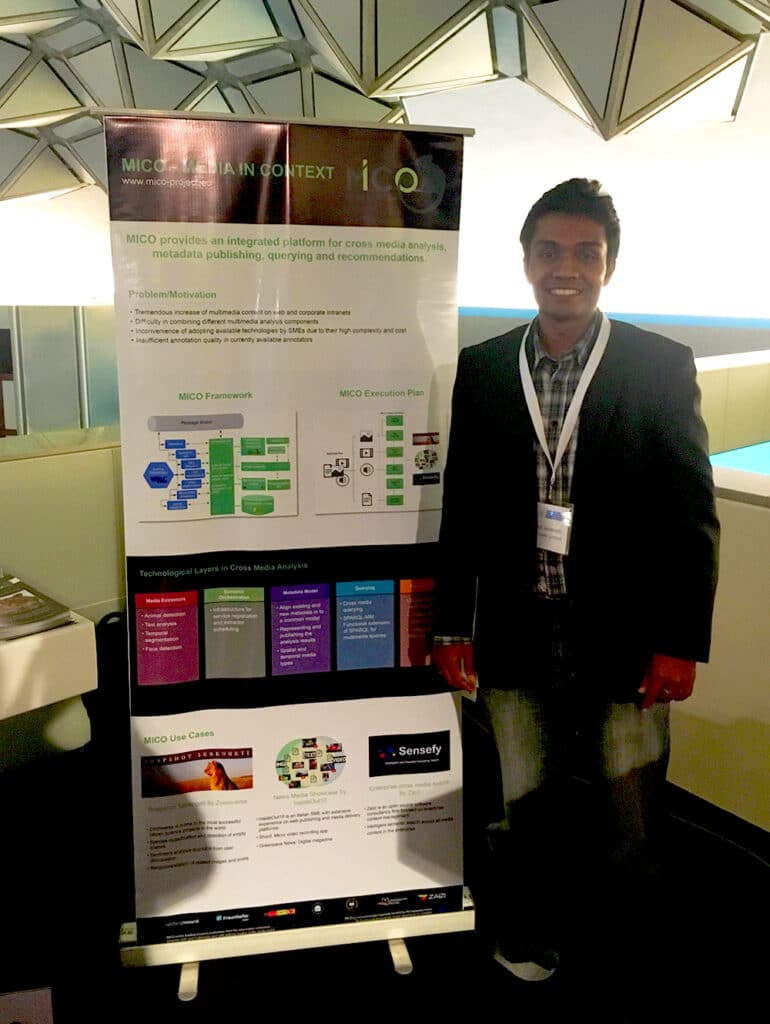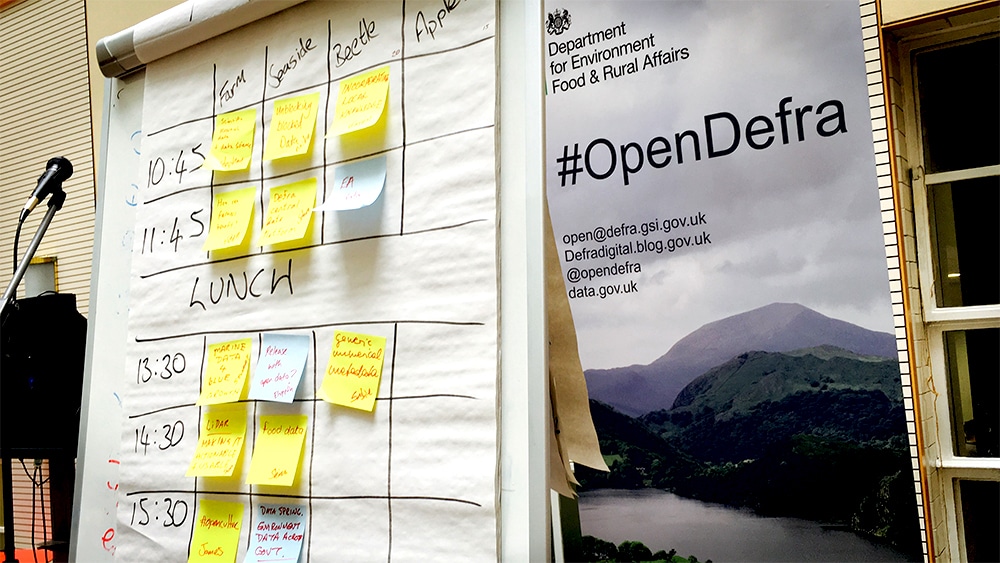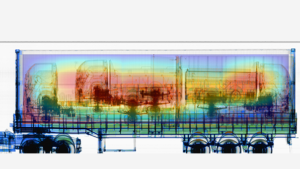Going ugly with data
In the last few weeks, we have had the privilege to visit two great data events, the first one was #OpenDefra, the department for Environment, Food and Rural Affairs “unconference,” a great showcase and networking event for people around government and data users.
The second event was the European Data Forum, held in Eindhoven, where we were displaying our work with the EU funded MICO project.
#EDF2016
EDF 2016 was held on June 29-30th at the Evoluon, Eindhoven in the Netherlands. With this year’s theme of ‘Scaling up the European data economy’, the conference had many insightful keynotes and sessions by industry & technology leaders in the european data driven economy.
Participating in the exhibition, among many EU funded projects, the MICO team presented the project, showcasing the platform and the use-cases of the powerful cross media analysis features of the MICO and Sensefy platform. The event was concluded with great success with over 700 participants during the 2 days.
#OpenDefra
At #OpenDefra I was really pleased to see so much interest in the power of data, and some real enthusiasm for how it can shape the services and production that the UK supplies. Due to Defra’s remit, there were a lot of people from a farming and agricultural background, or from environmental areas such as flood defences. Simple data sets like land boundaries, animal movements, rainfall and river cross sections can have a huge influence on prediction and decision making, as well as optimising either process or guidance.
There were use cases from dairy and cattle farming co-ops, groups of farmers and companies that are collecting and sharing data from all aspects of their operation, from cattle feeding, health, output and automated processes. Gathering operational data in this way they predict up to a double output from cost savings and efficiencies, clearly data is a powerful tool when there is a buy in and cooperation amongst the organisation.
A lot of the conversations were from parties interested in gaining data sets and looking for information on how they can leverage them. The best advice I heard that day was that getting a data set doesn’t automatically make you an innovator, data science and its applications are a new concept and the promise of ‘Big Data’ is very real, but organisations have to allow for an innovation space, or time and effort put aside to start utilising this great new tool.


Left: Dileepa Jayakody presenting for MICO project at EDF2016. Right: Sessions at the #OpenDefra unconference
Going Ugly Early
Many questions were asked on how to start producing data, or on how to use it. There were a lot of questions on personal information, security, privacy and engagement in the data. The best suggestion from the floor was to go ugly early. Release the data you have, either open data, or data inside your organisation and allow people to search through. Like open source, community participation is an excellent driver for these kind of projects, start small, look at specific projects and expand outwards.
Data will improve in time, the quality of information that organisations receives varies greatly, and at Zaizi we are all about unified and open communication of systems, so that end to end, your colleagues, customers, third parties, documents and processes should all be given you the information you need to improve, predict and guide you to better organisation. Our advice? Go Ugly early, and allow time and effort for innovation.
Related content
-

The great legacy escape: Ditch the spreadsheets, drop the paper
Published on: 4 June, 2025 -

Border Force wins Global Customs Innovation Award for ScanApp — a solution Zaizi helped build
Published on: 14 February, 2025 -

Transformation Day – How do you fit a square peg in a round hole?
Published on: 29 October, 2024 -

Making AI simple: How it can quickly add value to border security
Published on: 12 August, 2024
